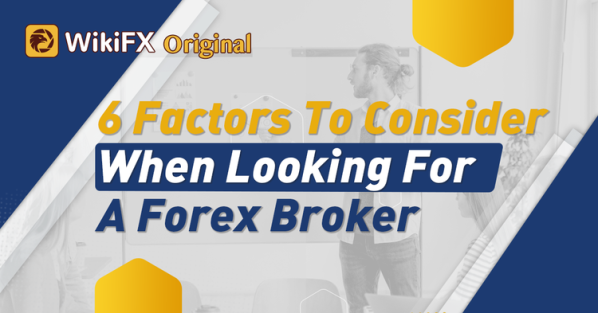
In this article, WikiFX will highlight and summarize some important criteria to look out for when choosing a forex broker to entrust your trading capital.
1. Security
The utmost prominent characteristic for a reputable forex broker to have is its high level of security in order to safeguard trading clients money. Think of a broker as a conventional bank – you will need a broker that can safeguard your money with a legitimate and established business operation to feel safe.
Fortunately, in this day and age, with the help of technology and the Internet, it is not difficult to check the credibility of a forex broker.
There are regulators around the world who will distinguish between those that are trustworthy and those that are fraudulent.
Here is a list of the main regulators within the Forex industry:
-
United States: National Futures Association (NFA) and the Commodity Futures Trading Commission (CETC)
-
United Kingdom: The United Kingdom Financial Services Authority (FSA)
-
Australia: Australian Securities and Investments Commission (ASIC)
-
Switzerland: Swiss Federal Banking Commission (SFBC)
-
Germany: German Federal Financial Supervisory Authority (BaFIN)
-
France: French Financial Markets Authority (AMF)
Before you consider giving your money to a broker, find out if the broker is under the surveillance of any one of these regulatory bodies.
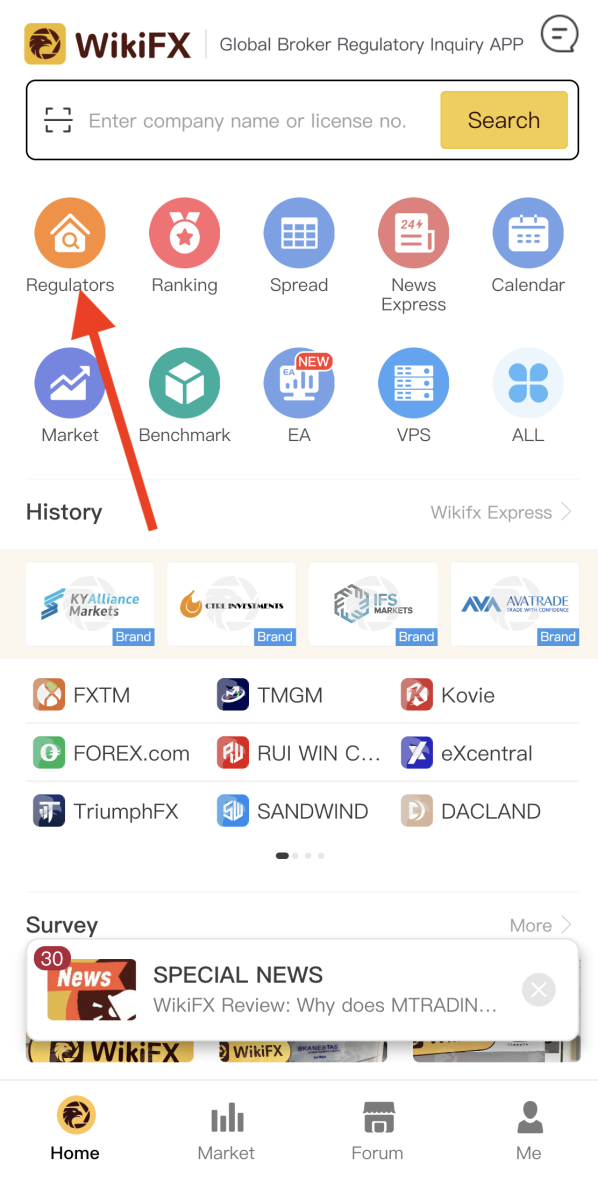
On WikiFX‘s app, you can click on ’Regulators as directed by the arrow above.
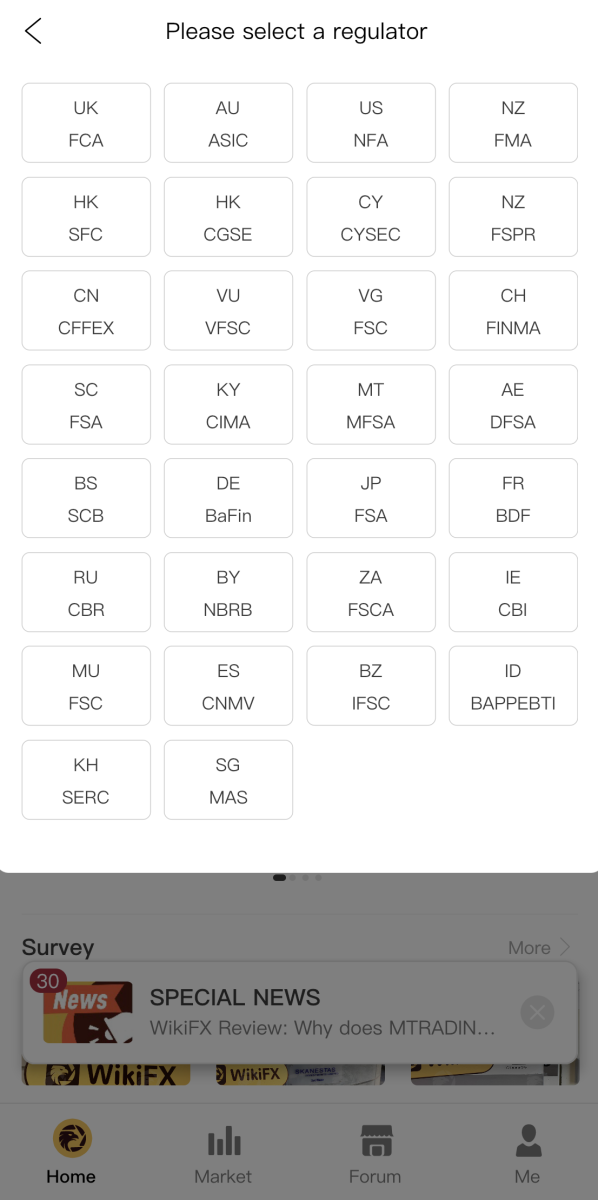
Select the regulator based on your country respectively and then you could easily narrow down the choices of brokers.
2. Trading fees
No matter what type of trader you are, like it or not, you will have to pay trading fees.
For every trade you make, you either pay a spread or a commission, thus it is fairly reasonable to look for a broker that offers the lowest rate, especially if you are a short-term trader or scalper. Sometimes you may need to sacrifice lower transaction fees for a more credible broker.
Make sure you know if you need tighter spreads according to your trading strategy, and then review the available options.
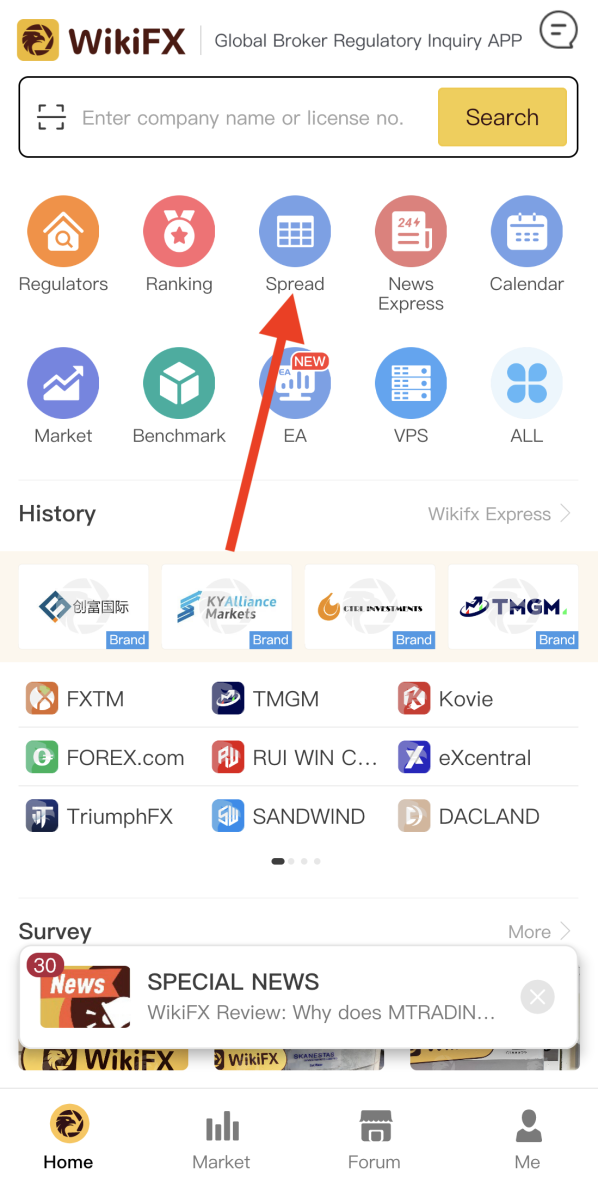
You could utilize WikiFX‘s ’Spread Comparison tool for this.
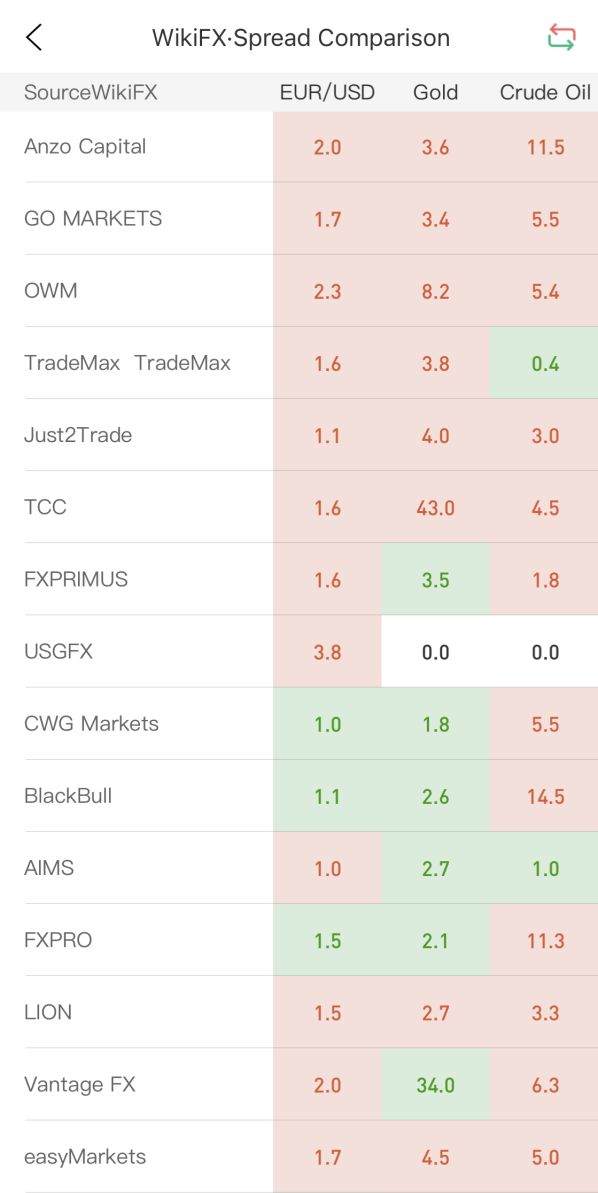
Compare the spread charges by brokers on the main currency pair (EUR/USD) and commodities (gold and crude oil).
3. Deposits and withdrawals
A good broker makes it possible for you to deposit funds and withdraw earnings without any hassle. There is no reason for the broker to make the process of withdrawing earnings difficult. If the withdrawal process is not quick and smooth, that is a red flag that you should be aware of.
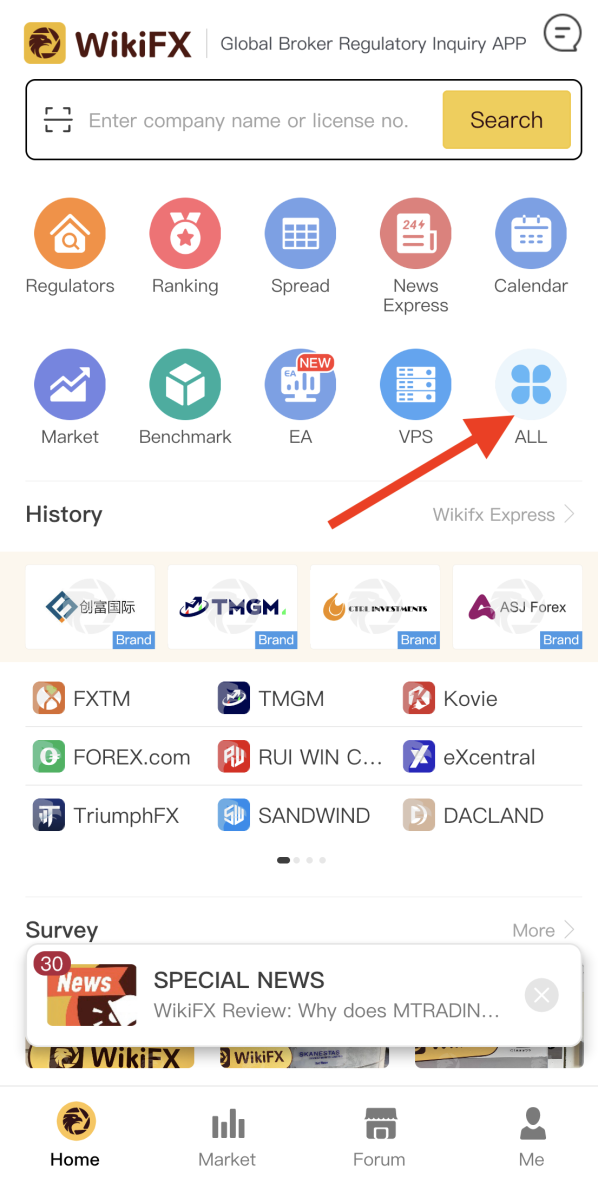
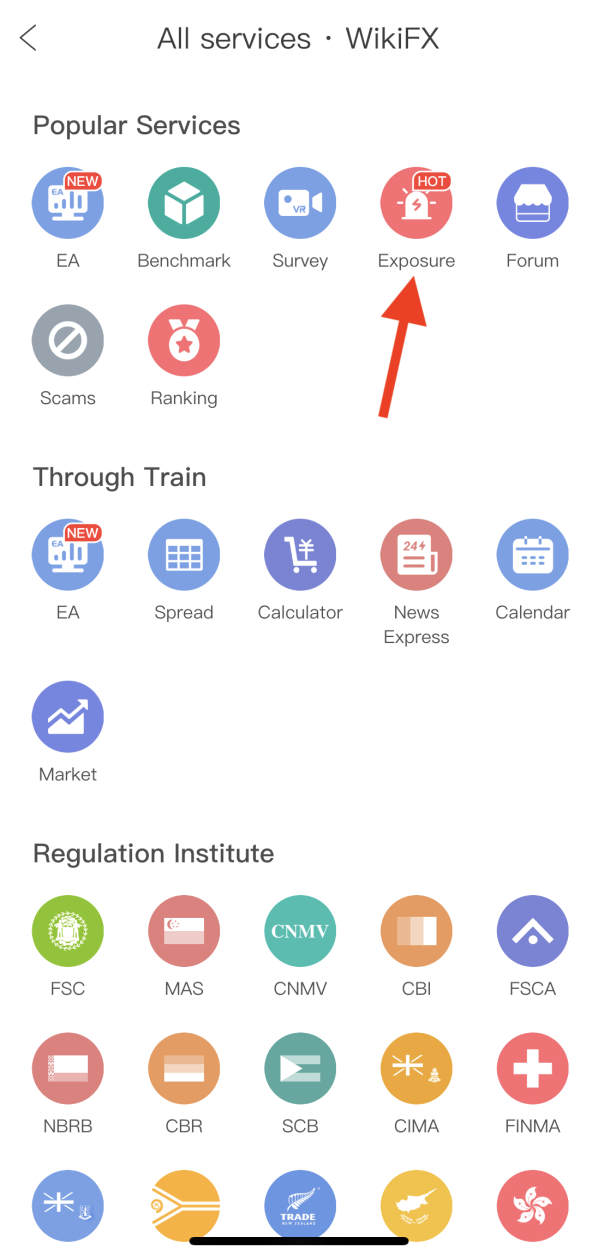
WikiFX‘s ’Exposure‘ page is where you can find the honest and transparent comments from users in relation to their brokers’ services.
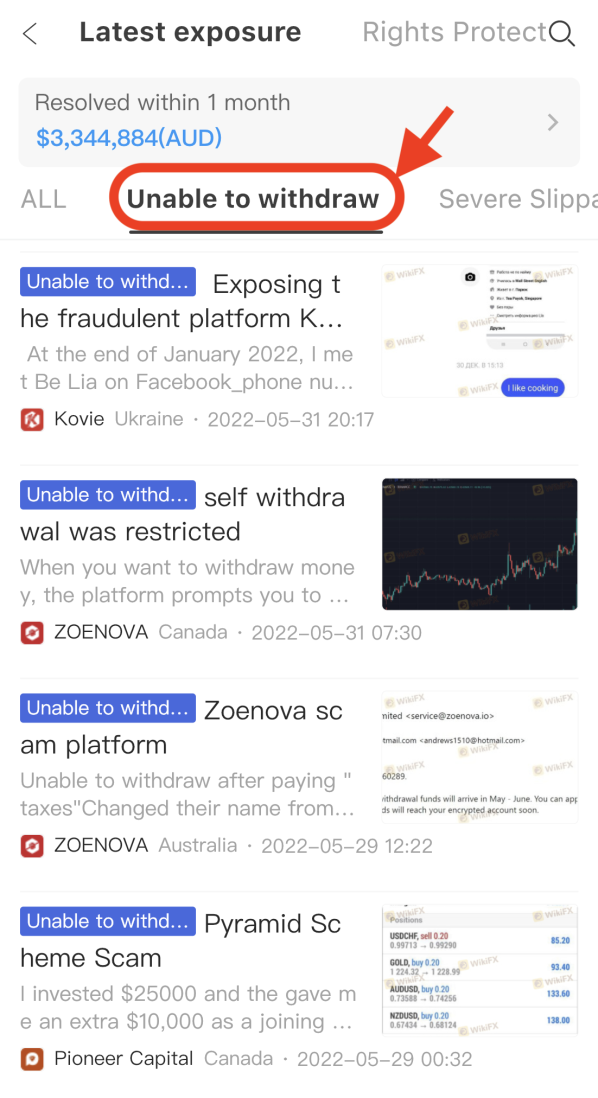
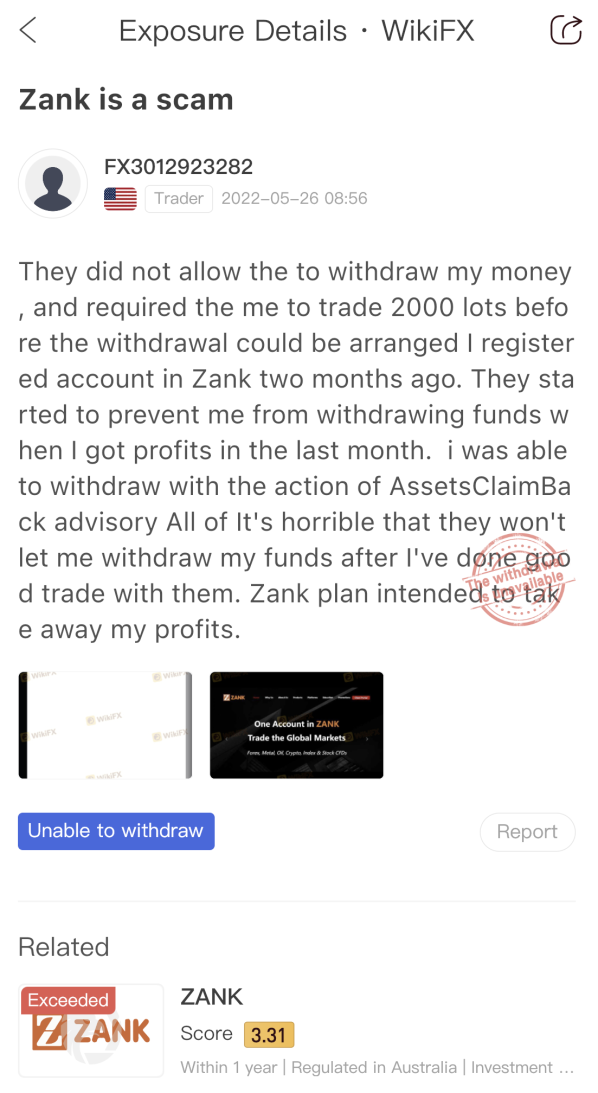
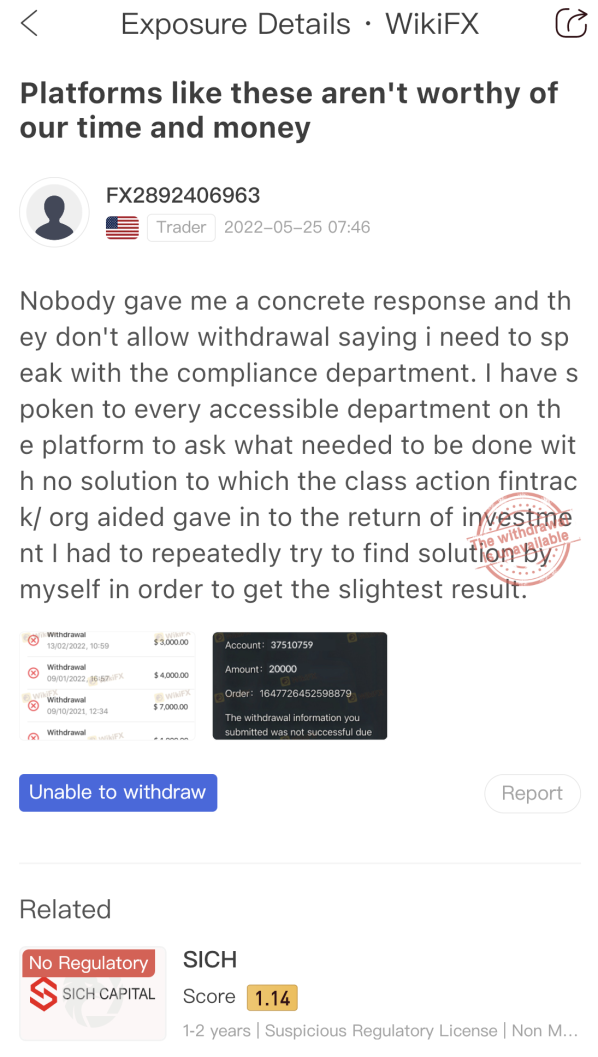
It is not rare to see traders having withdrawal issues which can be frustrating and worrying. Hence, it is important to avoid such brokers at all costs.
4. Trading Platform
When trading forex online, most of the trading activity takes place through the broker's trading platform. You need to figure out if that particular broker offers the trading platform of your choice. For example, some brokers only offer the MT4 platform, some brokers offer both, or some brokers only offer the MT5 platform.
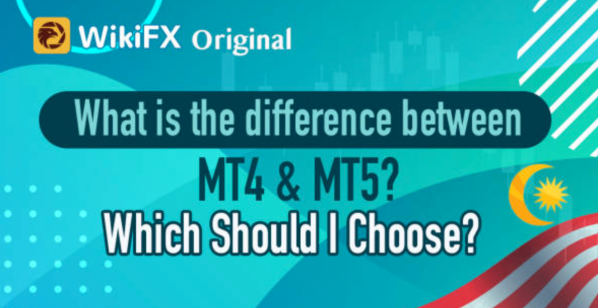
If you do not know how to differentiate them, this article covers all you need to know about the differences between MT4 and MT5 platforms:
https://www.wikifx.com/en/newsdetail/202205172984312699.html
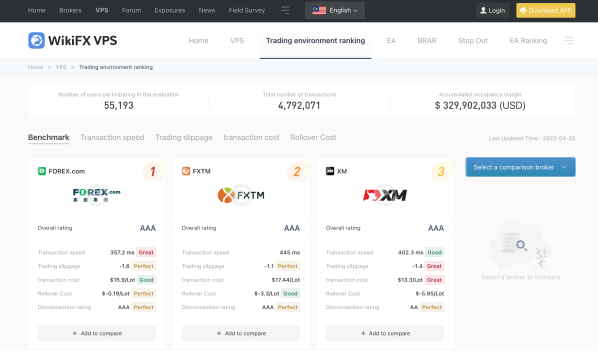
It is equally important that your broker's trading platform is easy to use and stable. You want to avoid trading platforms that are unstable, have slow transaction speed, or have many slippages. In relation to this, WikiFX also has a function that inspects the stability of a broker‘s trading environment named the ’Trading Environment Ranking tool, which can be found here:
https://cloud.wikifx.com/en/data/EnvRanking.html
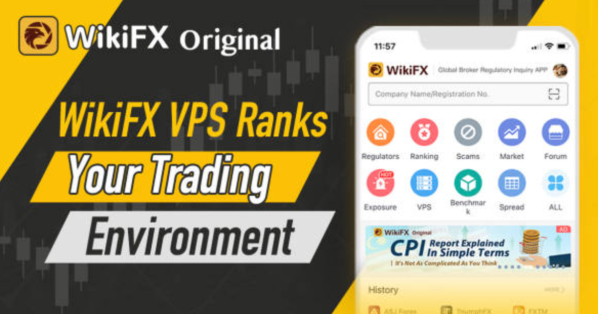
In this article, you can read more about the importance of having a stable trading environment:
https://www.wikifx.com/en/newsdetail/202205201214878073.html
5. Execution
Your broker is obliged to execute your orders at the best price.
Under normal market conditions (e.g, normal liquidity; no major news reports or unexpected events), there is no reason why your broker should not execute your order at the price you see when you press the “buy” or “sell” button, or at a price close to that price. The price at which you see it, or at a price close to it, is the price at which your order is executed.
For example, assuming you have a stable Internet connection, if you press “buy” at EUR/USD 1.3000, your order should be executed at that price or at a price that is not too far away from it. The speed of execution of your order is very important, especially if you are an ultra-short-term arbitrage trader. A price difference of a few points will make it very difficult for you to make a profit.
6. Customer service
Brokers are not perfect, so you need to find a broker that is easy to contact when problems arise. A broker's ability to handle account and technical support issues is as important as their performance in executing trades. A broker may be friendly during the account opening process, but the after-sales service is terrible. It is advisable to find a broker that offers customer representatives that speak your mother tongue with a (preferably) 24/7 live chat service.
In conclusion, if you still find it complicated and confusing in choosing the right forex broker, a time-efficient manner is to go straight to the WikiFXs ranking page and choose from the highly-scored forex broker.
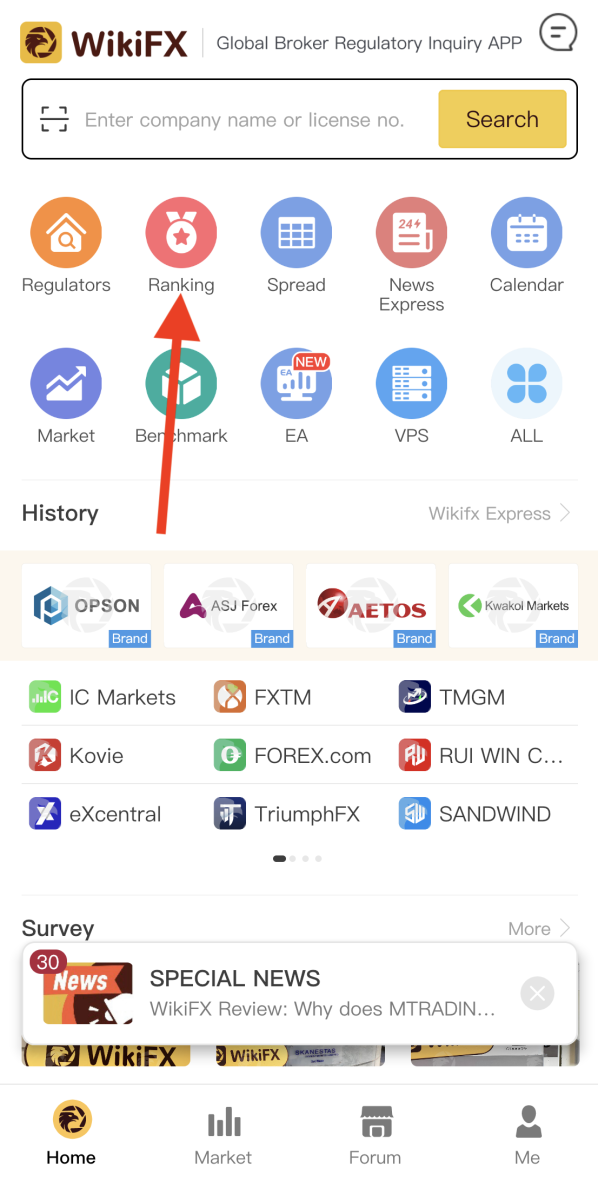
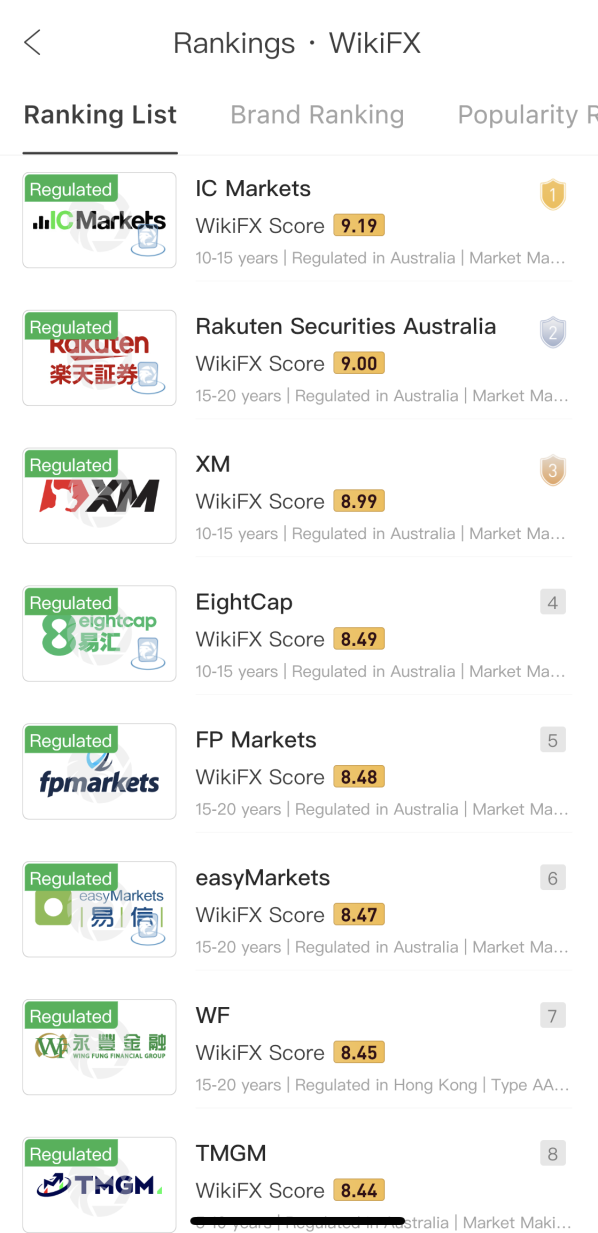
This is straightforward because WikiFX reviews and evaluates forex brokers from various aspects, such as license, business, risk management, software, and regulatory before benchmarking against its peers.
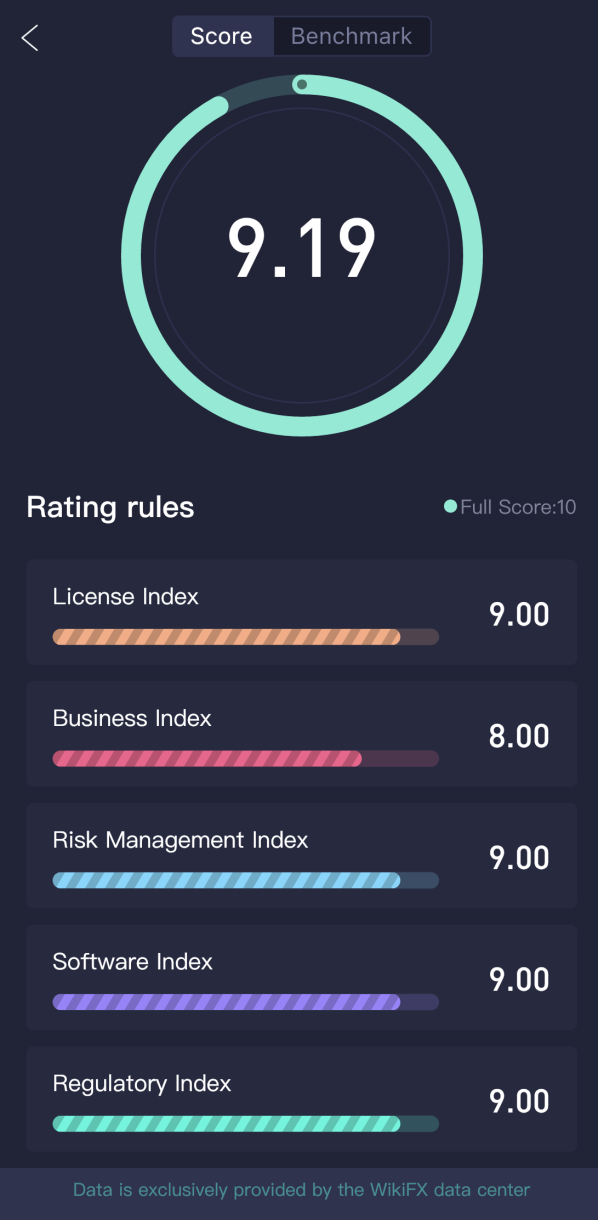
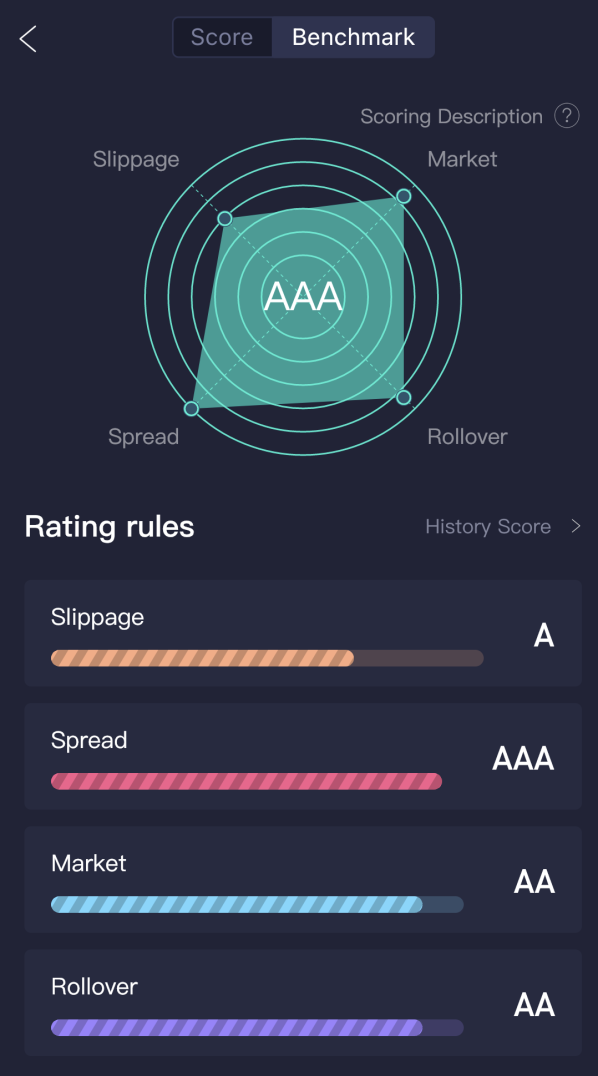
It is highly encouraged to go for brokers that score at least an A according to WikiFXs rating chart – it is always better to be safe than sorry.
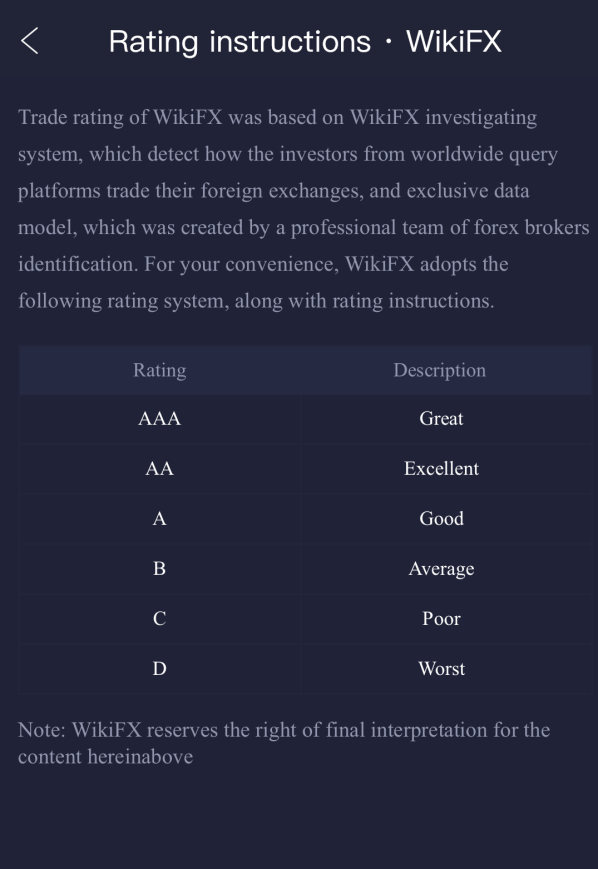
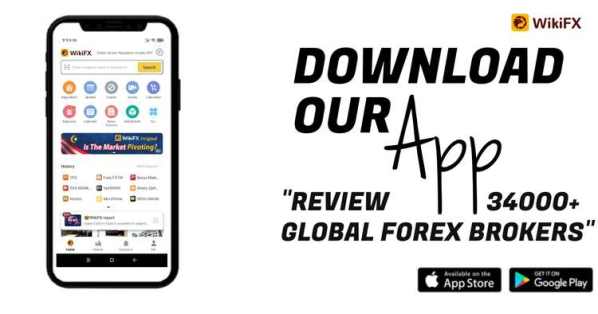
Leave a Reply